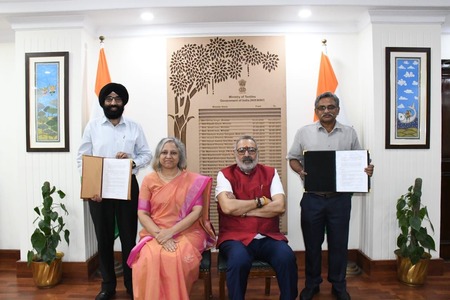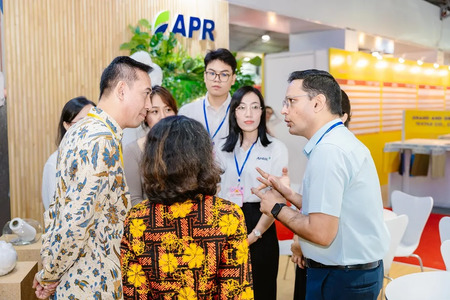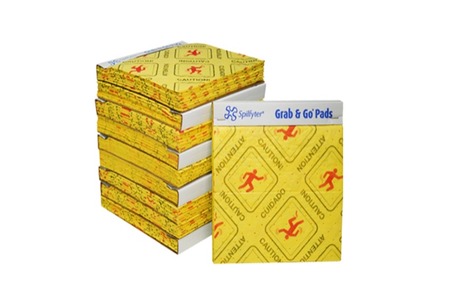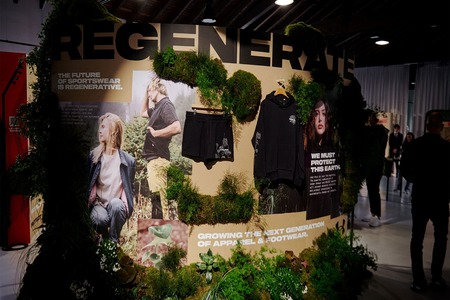
Sateri aims to deliver 100% recycled viscose by 2030
YarnsandFibers News Bureau 2020-11-12 13:55:44 – ChinaThe Chinese viscose producer, Sateri has highlighted its sustainability targets. The targets include a 98% sulfur recovery rate by 2025, viscose containing 50% recycled content by 2023 and 100% by 2030. The company is projected to obtain net-zero carbon emissions by 2050.
The company was set up in Shanghai in the year 2002 as China’s first wholly foreign-owned cellulose enterprise. It commenced exactly a year after China joined the World Trade Organisation.
The company is now one of the world’s largest viscose producers with over five viscose mills and a yarn spinning mill in various parts of China. In recent times, the company has produced a range of diversified fibers ranging from woven to non-woven and Lyocell fibers. They have even launched their own recycled fibers that have caught the eyes of many brands and retailers for their exceptional quality.
Allen Zhang, Sateri’s president, stated that as the raw material supplier the company would its part and respond to the urgent need to decouple growth from further resource impact. He further added that this would underpin their growth in addition to QPC (quality, productivity, cost) and continuous improvement which are well-embedded in the company
Market Intelligence
Ask for free sample Report

experience
Customer Base
dedicated team
Countries Served Worldwide









